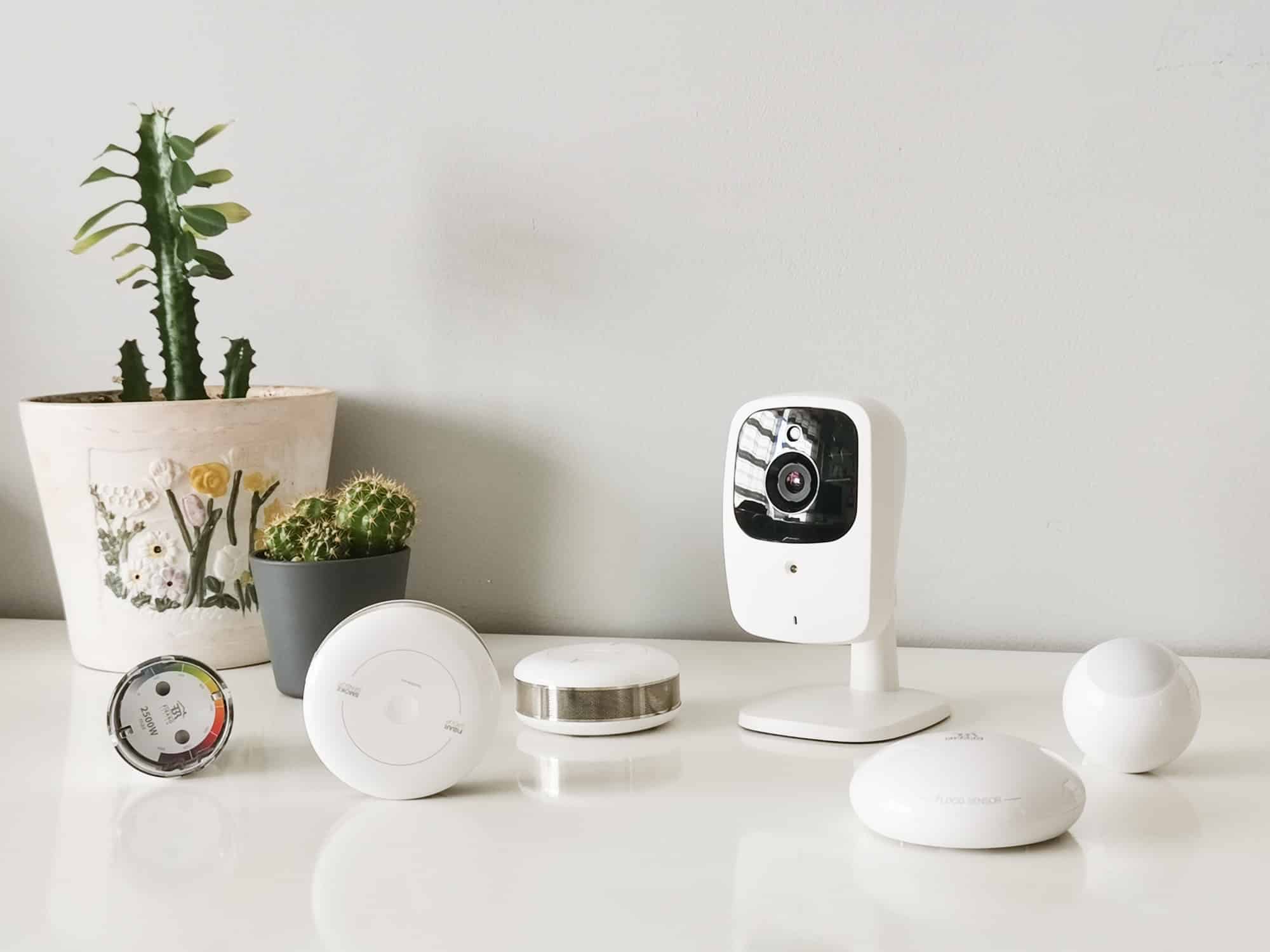What Are the Latest Developments in Smart Home Technologies that UK Electricians Should Know?

At the heart of our rapidly evolving world, technology is driving significant shifts in various industries, and the electrical industry is no exception. One notable trend shaping the industry is the growing popularity of smart home technology, which is revolutionizing how we interact with our living spaces. For electricians, staying abreast of the best developments in this field is more of a necessity than an option. This article will shed light on some of the latest advancements in smart home technology that every UK electrician should know.
Smart Home Security Systems
With security being a top priority for homeowners, smart home security systems have surged in popularity. This technology offers a new level of control, enabling homeowners to monitor their property remotely using devices such as smartphones and tablets.
En parallèle : What Are the Best Practices for UK Companies to Manage Customer Data Privacy?
One of the notable advancements in this sector is the use of video analytics. This feature supports the differentiation between people, animals, cars and other objects. It allows the security system to send alerts based on what it 'sees' - for instance, notifying the homeowner when a car pulls into the driveway or when someone is at the door.
Another significant development is the integration of voice control into security systems. Homeowners can now arm or disarm their security systems using voice commands, providing an extra level of convenience. Moreover, many systems now feature biometric recognition technology, such as facial recognition, for enhanced security.
A lire également : What Are the Best Techniques for UK Restaurateurs to Manage Food Waste Efficiently?
Energy Management and Conservation
Energy conservation has always been a significant concern for homeowners. With smart home technology, energy management and conservation are now more efficient than ever. Smart thermostats are a perfect example of this innovation. These devices learn the homeowner’s schedule and preferences, adjusting the heating and cooling systems to optimize energy use.
In addition to smart thermostats, smart lighting has also made significant strides. These lighting systems adjust brightness levels based on the time of day, presence of people in the room, or even the amount of natural light present. Some sophisticated systems can even mimic the rhythm of natural light, contributing to the home's overall ambiance while conserving energy.
Another impressive development in energy management is home automation systems that integrate various energy-consuming appliances and systems. Homeowners can monitor and control their energy usage, leading to significant savings and a reduced carbon footprint.
Home Automation Systems
Automation is a key feature of smart homes, enhancing convenience, comfort, and efficiency. Home automation systems integrate various smart devices, allowing homeowners to control multiple aspects of their homes from one central hub. This unification of control helps to improve the overall usability and practicality of smart home technology.
The integration of artificial intelligence (AI) and machine learning into these systems is a crucial development. It allows the system to learn the homeowner's habits and routines, automating processes to suit their lifestyle. So, whether it's adjusting the room temperature or turning off the lights when no one's in the room, AI-powered automation systems ensure homes are adaptable and responsive.
Smart Home Integration with IoT
A leading edge of smart home technology lies in its capability to integrate with the Internet of Things (IoT). IoT connects multiple devices and systems, allowing them to communicate and interact with each other. It’s creating an interconnected digital ecosystem that enhances the functionality of smart homes.
One of the benefits of IoT integration is remote access and control. Homeowners can control their home's systems and devices from anywhere in the world using their smartphones or other connected devices. This integration also supports the creation of ‘scenes’—predefined settings that control multiple devices simultaneously. For instance, a 'goodnight' scene could turn off all the lights, lock the doors, and adjust the heating system.
Future Trends in Smart Home Technology
As technology continues to evolve, so does the potential for more sophisticated smart home systems. One future trend that electricians should watch out for is the incorporation of augmented reality (AR) into smart homes. AR technology could enable homeowners to visualize how different settings will affect their home environment before applying them.
Another anticipated trend is the development of more advanced AI systems. Future smart homes might feature AI personal assistants capable of understanding and executing complex commands. These advancements could transform the way we interact with our homes, making them more intuitive and responsive than ever before.
In conclusion, smart home technology is revolutionising the electrical industry, and keeping up with these developments is key for any forward-thinking electrician. From smart security systems to IoT integration, these innovations are transforming homes into dynamic, responsive environments that offer unprecedented levels of comfort, convenience, and security.
Home Entertainment as a Gamechanger
Home entertainment is another area where smart home technology is bringing about profound changes. One of the most popular trends in this regard is the emergence of smart home cinema systems. These systems take the concept of home entertainment to a new level by integrating advanced audio and video technologies.
Smart televisions, which can connect to the internet and run apps, are a standard feature of home cinema systems. They offer access to streaming platforms, gaming services, and various online content. Some models come with voice command features, allowing users to search for shows, control playback, and adjust settings using their voice.
Another significant development is the introduction of smart speakers as part of the home entertainment setup. These devices not only provide superior sound quality but also come equipped with AI assistants that can carry out tasks like playing music, reading news, setting reminders, and controlling other smart devices.
The integration of video doorbells into home cinema systems is also worth noting. These devices, when connected to the TV, can display who's at the door. This integration offers both convenience and an added layer of security.
The Role of Schneider Electric in Smart Home Technology
Schneider Electric, a leading player in the electrical industry, has been instrumental in advancing smart home technology. They offer a wide range of smart devices, from home automation solutions to energy management systems, all designed to enhance the comfort, convenience, and energy efficiency of homes.
Their Wiser series, for instance, offers comprehensive home automation solutions. It includes smart thermostats, smart plugs, and other devices that can be controlled remotely via a smartphone app. The system also allows for the creation of automation scenarios, making homes truly responsive to the needs of their occupants.
In the field of energy management, Schneider Electric's Energy Insight solution stands out. It enables homeowners to monitor their energy consumption in real-time, giving them insights into how they can optimise their energy usage for maximum efficiency.
Conclusion
The field of smart home technology is evolving at a rapid pace, offering endless possibilities for transforming our living spaces into responsive, intuitive environments. From smart home security systems to home automation, smart lighting, and home cinema, these innovations are redefining comfort, convenience, and security.
As for electricians, staying updated with these developments is critical. Besides enhancing their service offerings, a thorough understanding of these technologies will enable them to advise homeowners on the best smart solutions for their needs. While the future of smart home technologies holds exciting prospects, like the incorporation of AR and advanced AI systems, the present is equally intriguing with the continuous emergence of innovative solutions.
In this ever-evolving landscape, companies like Schneider Electric play a crucial role. By offering a wide range of smart devices and solutions, they are helping to shape the future of smart homes. As we move forward, we can expect to see more groundbreaking developments in this field, making our homes more connected, efficient, and sophisticated than ever before.
